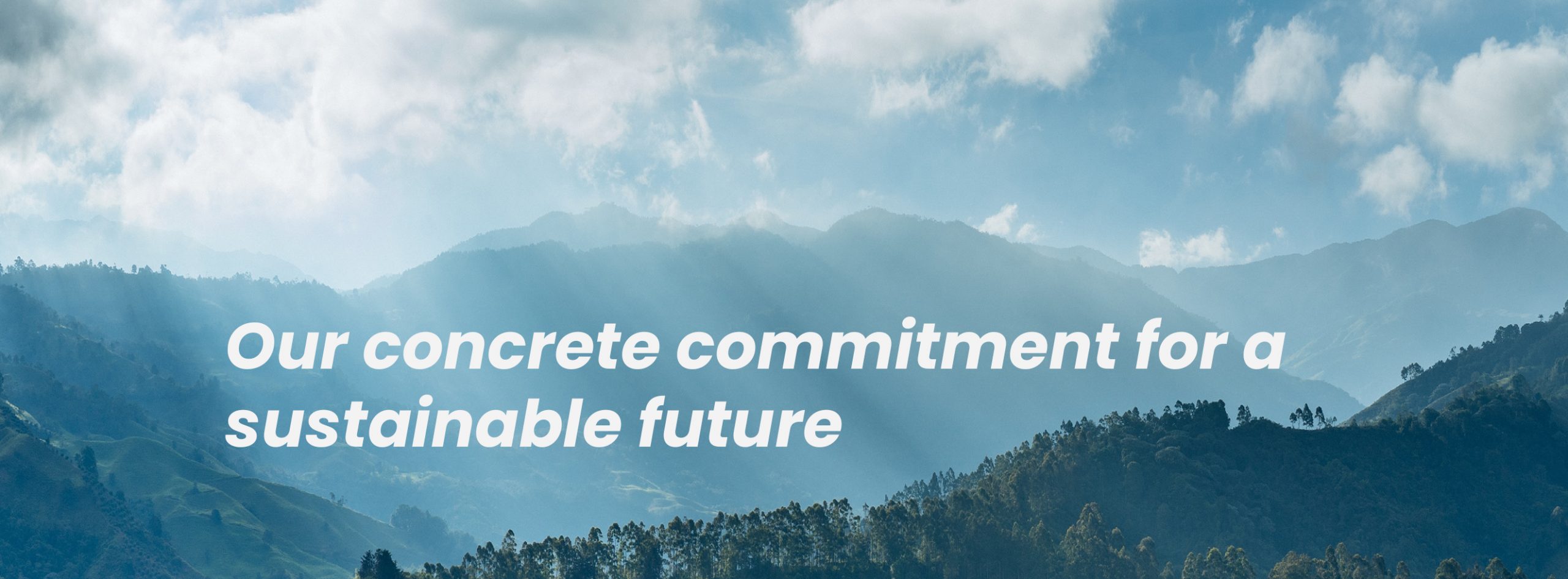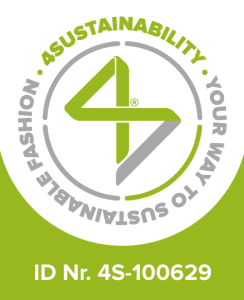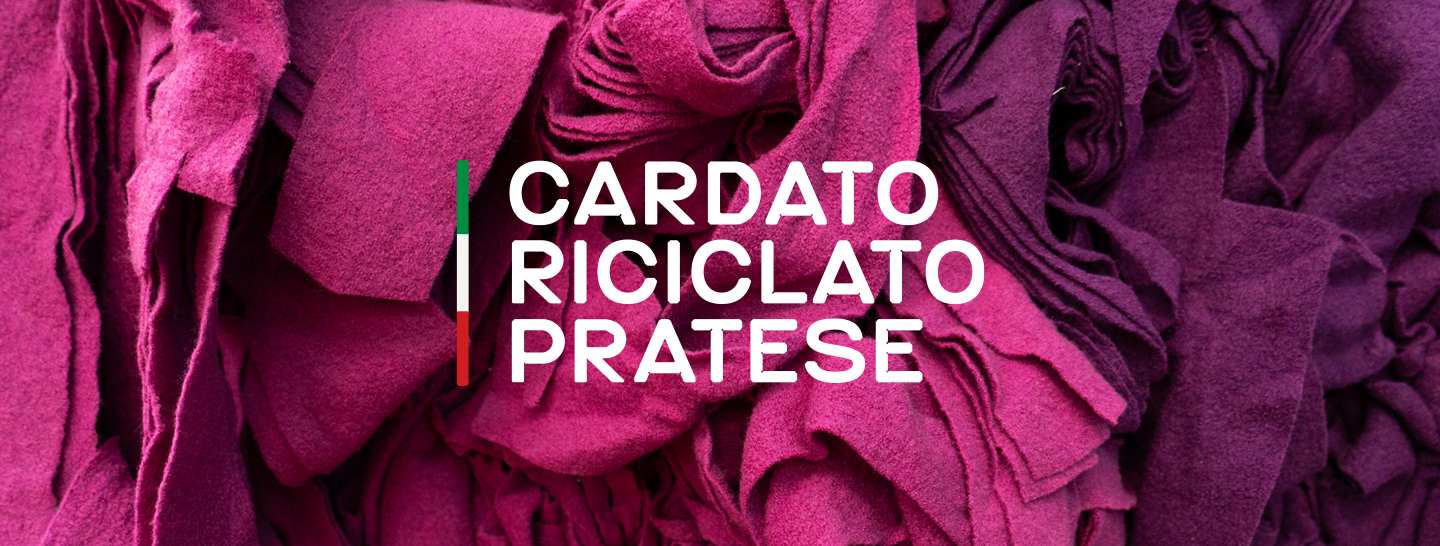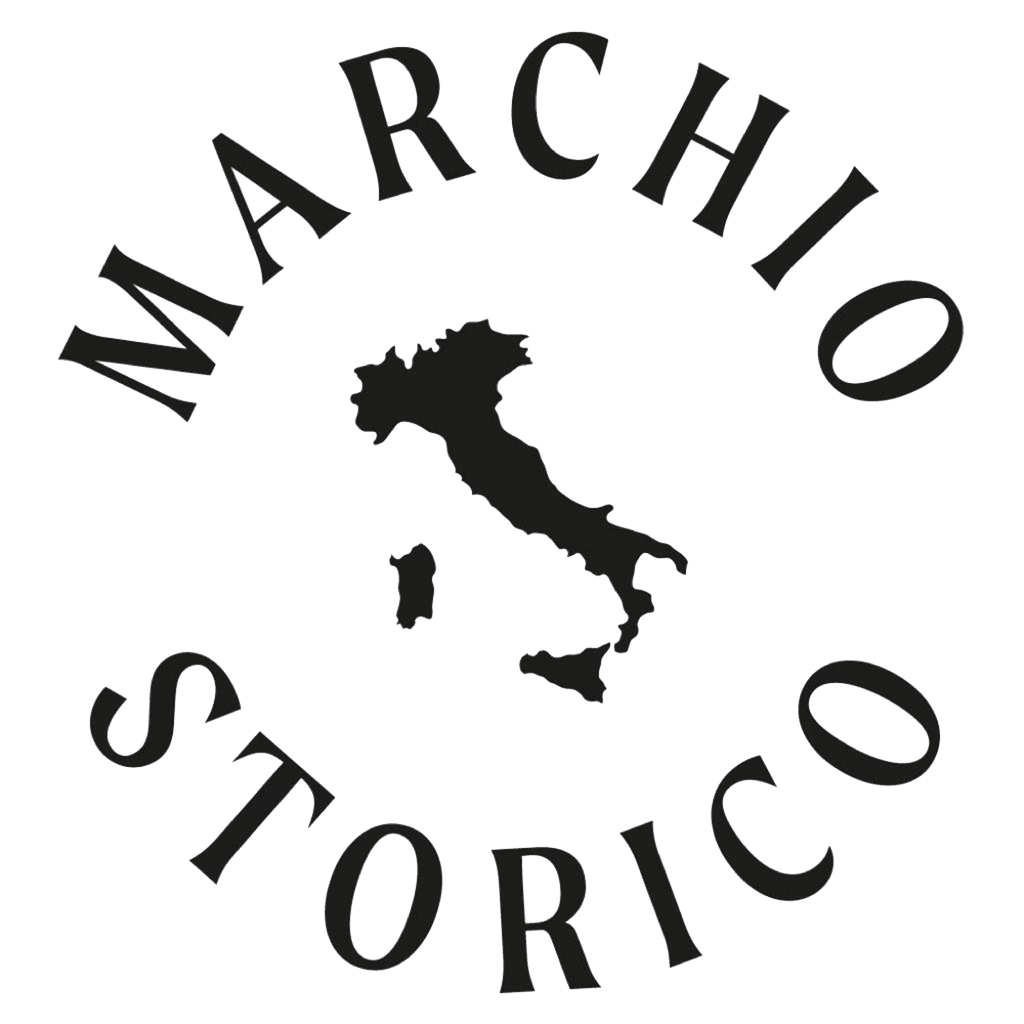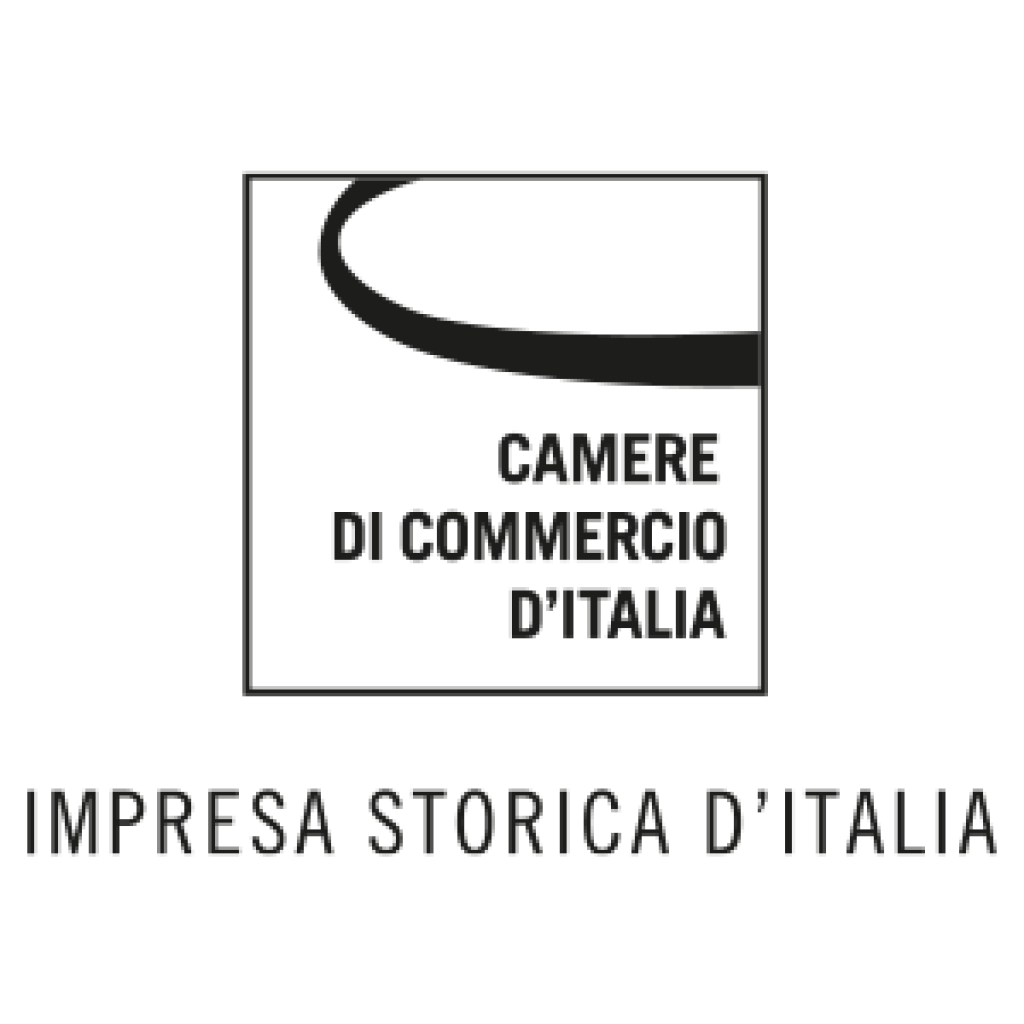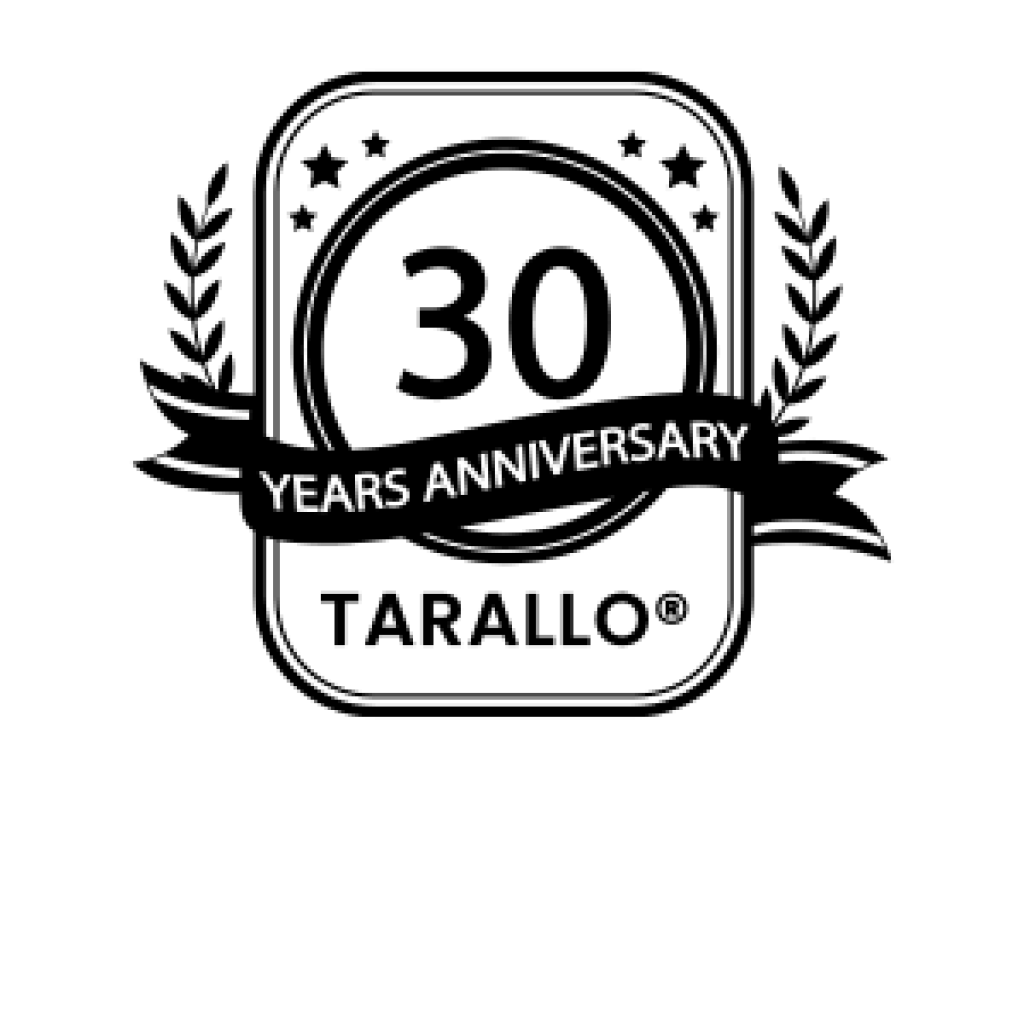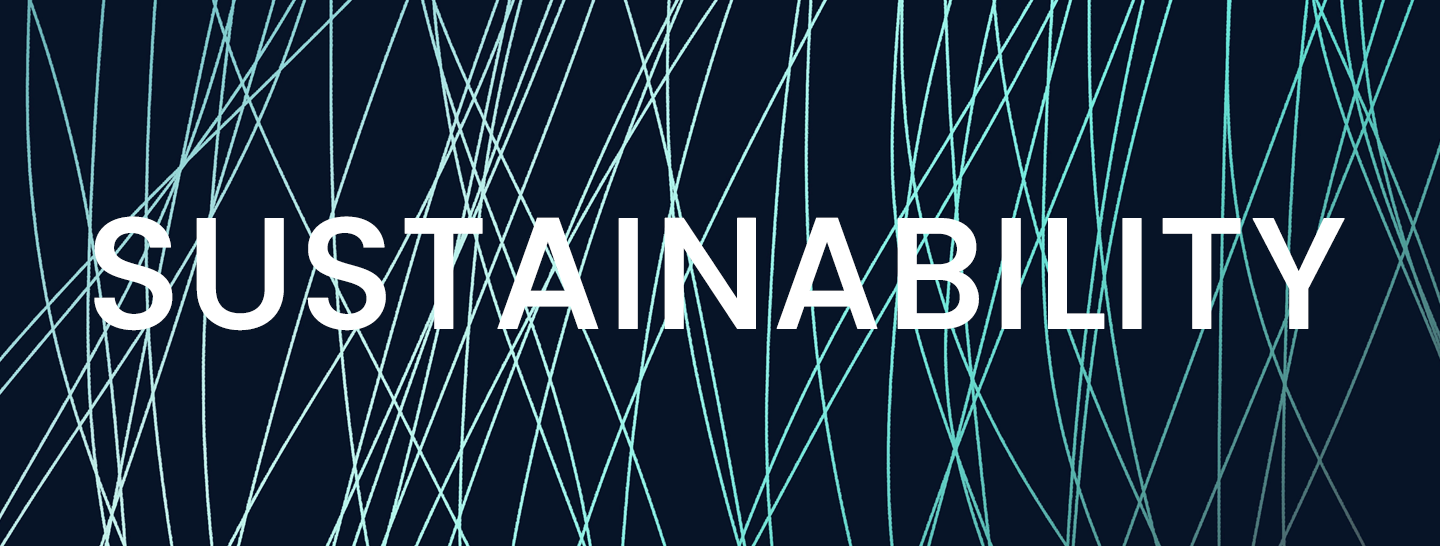
Technology and research for a more sustainable future
In recent years, we have invested heavily in technologies to produce fabrics with minimal environmental impact, and we have dedicated a lot of space to collections with fabrics made from recycled fibers such as wool, cotton, polyester and polyamide.

Our certifications
Our certification as a concrete tool for our commitment: the concrete nature of our daily commitment is demonstrated by the numerous certifications awarded. Available for our customers for a long time now, to verify the traceability and sustainability of our fabrics:
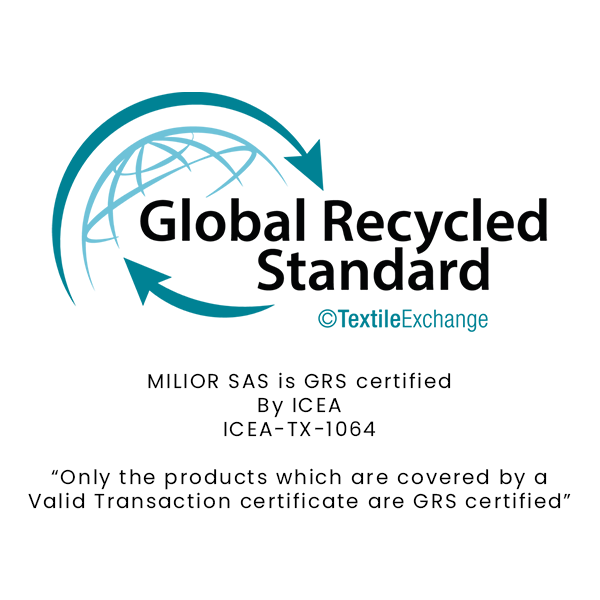
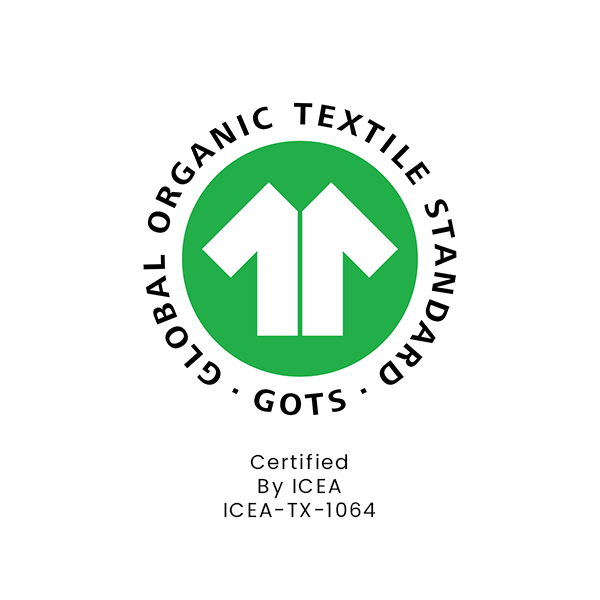
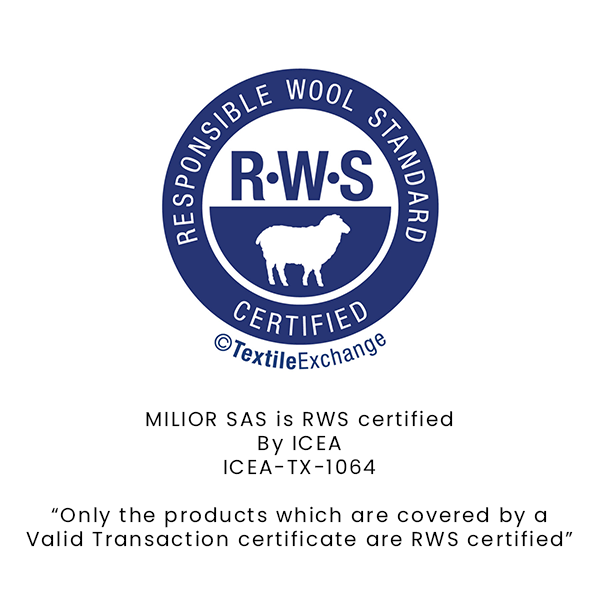
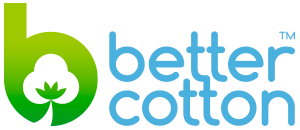
BCI
(Better Cotton Initiative)
The BCI cotton initiative is responsible for certifying the production of cotton taking into account some very important sustainability factors such as: protecting all production areas, seizing social and economical opportunities which may arise for all involved in the production sectors.
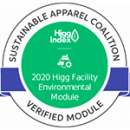
Higg Index
Milior has been a member of the Higg Index since 2019. The Higg Index is a module to measure the social and environmental impacts of the supply chain and the sustainability performance of the company as a whole. Specifically, the Higg Facility Environmental Module (HIGG FEM) assesses the company’s environmental management system, energy and water use, level of emissions, wastewater treatment, waste management, chemical use and management. The Higg Facility Environmental Module is a sustainability assessment tool that standardizes how facilities measure and evaluate their environmental performance, year over year.
Our certification as a concrete tool for our commitment: the concrete nature of our daily commitment is demonstrated by the numerous certifications awarded. Available for our customers for a long time now, to verify the traceability and sustainability of our fabrics:
4sustainability®
is an innovative implementation framework and a registered trademark assuring the sustainability performances of fashion & luxury supply chain. The issuing and maintaining of the trademark is conditional to the implementation of one or more initiatives among the six in the 4sustainability® roadmap, as well as to the compliance with strict requirememts that are continuosly monitored. These initiatives coincide with the priorities identified by the Global Fashion Agenda and have one or more of the United Nation Development Goals (SDGs) as their fundation and target.
Milior has implemented the following initiatives:
• 4s TRACE, Establishes a system that ensures the traceability of materials and products, as well as the environmental and socio-ethical conditions under which they are produced throughout the supply chain. Visit the Ympact digital platform – and drawing up its own Charter of Sustainability Values
• 4s CHEM, Defines a chemical management system that ensures the organization’s ability to eliminate toxic and harmful substances used in both internal and external production processes, by adopting the ZDHC methodology.
Transparency and Sustainability Policy:
Learn more about Milior’s approach to transparency, environmental responsibility and social responsibility. You can consult the full policy documents using the links below.
Technology and research for a more sustainable future
In recent years, we have invested heavily in technologies to produce fabrics with minimal environmental impact, and we have dedicated a lot of space to collections with fabrics made from recycled fibers such as wool, cotton, polyester and polyamide.
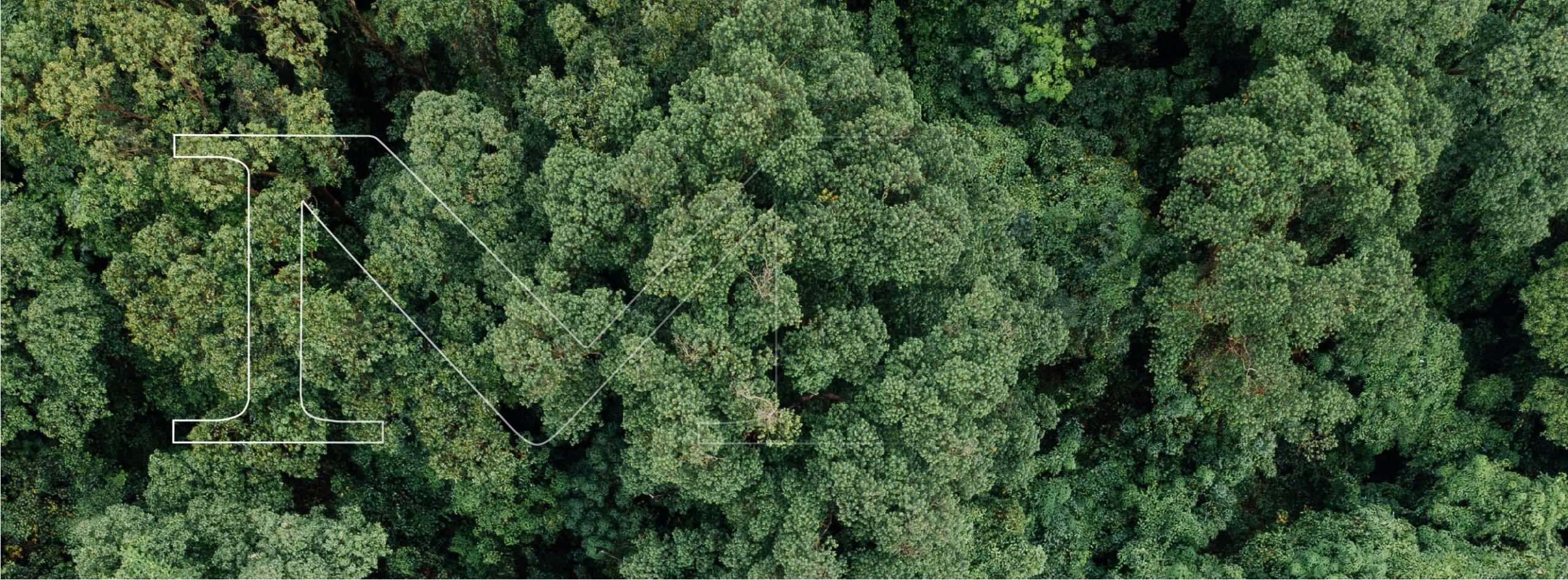
Our certifications
Our certification as a concrete tool for our commitment: the concrete nature of our daily commitment is demonstrated by the numerous certifications awarded. Available for our customers for a long time now, to verify the traceability and sustainability of our fabrics:




BCI
(Better Cotton Initiative)
The BCI cotton initiative is responsible for certifying the production of cotton taking into account some very important sustainability factors such as: protecting all production areas, seizing social and economical opportunities which may arise for all involved in the production sectors.

Higg Index
Milior has been a member of the Higg Index since 2019. The Higg Index is a module to measure the social and environmental impacts of the supply chain and the sustainability performance of the company as a whole. Specifically, the Higg Facility Environmental Module (HIGG FEM) assesses the company’s environmental management system, energy and water use, level of emissions, wastewater treatment, waste management, chemical use and management. The Higg Facility Environmental Module is a sustainability assessment tool that standardizes how facilities measure and evaluate their environmental performance, year over year.
4sustainability®
is an innovative implementation framework and a registered trademark assuring the sustainability performances of fashion & luxury supply chain. The issuing and maintaining of the trademark is conditional to the implementation of one or more initiatives among the six in the 4sustainability® roadmap, as well as to the compliance with strict requirememts that are continuosly monitored. These initiatives coincide with the priorities identified by the Global Fashion Agenda and have one or more of the United Nation Development Goals (SDGs) as their fundation and target.
Milior has implemented the following initiatives:
• 4s TRACE, Establishes a system that ensures the traceability of materials and products, as well as the environmental and socio-ethical conditions under which they are produced throughout the supply chain. Visit the Ympact digital platform – and drawing up its own Charter of Sustainability Values
• 4s CHEM, Defines a chemical management system that ensures the organization’s ability to eliminate toxic and harmful substances used in both internal and external production processes, by adopting the ZDHC methodology.
Transparency & Sustainability Policy
Learn more about Milior’s approach to transparency, environmental responsibility and social responsibility. You can consult the full policy documents using the links below.
Milior has recently adopted the Cardato Riciclato Pratese label, a benchmark of excellence in textile recycling.
By joining this initiative, we are committed to transforming textile waste into valuable resources, continuing the 200-year tradition of sustainability and craftsmanship that defines Prato. This important step underscores our dedication to environmental stewardship and the adoption of innovative solutions for the future.
